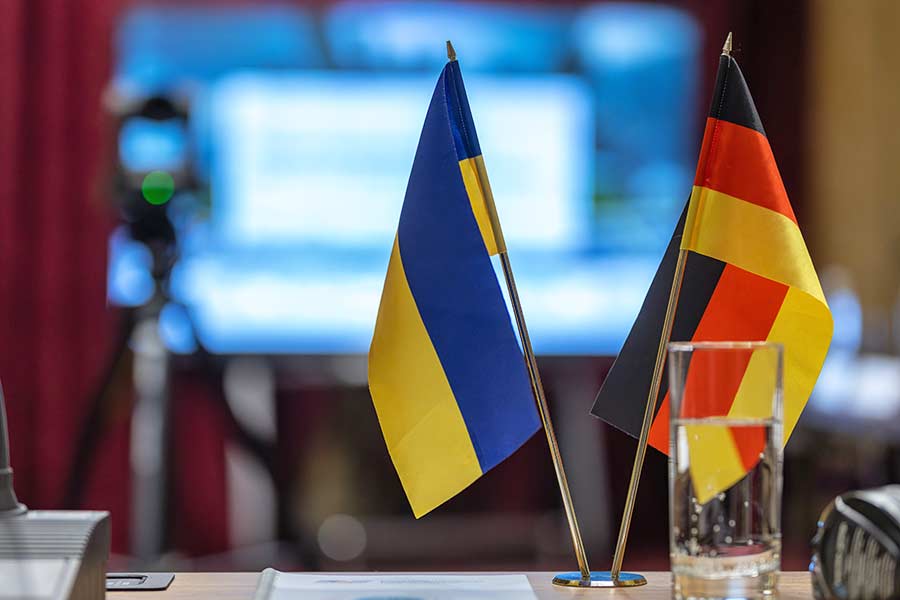How can communities provide their own energy? How would this contribute to the country’s energy security? And why has this approach already proven successful in the EU countries? These questions were discussed during an event organised by Ecoaction, which served as a platform for addressing current challenges to energy resilience and exploring opportunities for Ukrainian communities.
The event’s participants were presented the results of two studies. The first, prepared by the DIW Econ team, explored the prospects for renewable energy development in Ukraine. The research showed that transitioning to renewable energy sources not only aligns with sustainable development goals but could also be the most effective way to rebuild the energy system after the war. However, achieving this will require overcoming a range of obstacles, including the creation of a stable regulatory framework and improvements to the electricity grid connection process.
The second study, conducted by the German Energy Agency (dena), focused on the development of energy communities in Ukraine. Energy communities are initiatives where local residents, homeowners’ associations, businesses, and local aпдuthorities join forces to collectively generate and use renewable energy (solar and wind power plants, sustainable bioenergy etc.).
The study revealed that despite the significant potential of energy communities, public awareness of them in Ukraine remains low. In fact, only 40% of respondents had heard of such initiatives. However, after receiving explanations, more than 80% expressed interest and willingness to support the creation of energy communities in their municipalities.
“During the Just Transition Forum in Belgium in October 2022, it became clear that energy communities have emerged as the fastest and most independent response to the new energy challenges posed by the war for the EU countries. This inspired us to initiate a deeper exploration of this concept to enable the potential of energy communities in Ukraine — not only to provide communities with resilient energy sources, but also to offer them a real tool for achieving energy independence starting today, on their way to the EU.” said Elise Vigier, Director of GIZ’s “Renewables for Resilient Ukraine” (R2U) project.
Energy communities can not only lower energy costs for local populations but also foster social cohesion and strengthen the resilience of local energy systems. They can become a vital instrument for achieving energy independence in Ukraine, especially in the context of war and recovery.
“Energy communities are not just a new concept — they are an essential element of Ukraine’s European integration. They are already envisaged by the European legislation, and sooner or later, Ukraine will have to implement these norms. But the main issue is not merely about adopting the rules — it is about doing it effectively. We cannot simply copy the EU directives without adapting them to Ukrainian realities. That is why we must already start discussing how to best tailor these approaches to our context,” emphasised Daryna Yaroshovets, energy policy expert at Ecoaction.
The event also highlighted the importance of support from local authorities and the need to establish a clear regulatory framework for the development of energy communities. Participants agreed that the success of such initiatives relies on strong partnerships between communities, businesses, and authorities, as well as access to financing and technical support.
Despite the numerous challenges, energy communities have the potential to play a crucial role in Ukraine’s recovery and in advancing the country toward European energy policy standards.
The event was held within the framework of the project “Renewables for Resilient Ukraine” (R2U) which is commissioned by the Federal Ministry for Economic Affairs and Climate Action of Germany (BMWK) with the support of the International Climate Initiative (IKI) and is implemented by Deutsche Gesellschaft für Internationale Zusammenarbeit (GIZ) GmbH.

